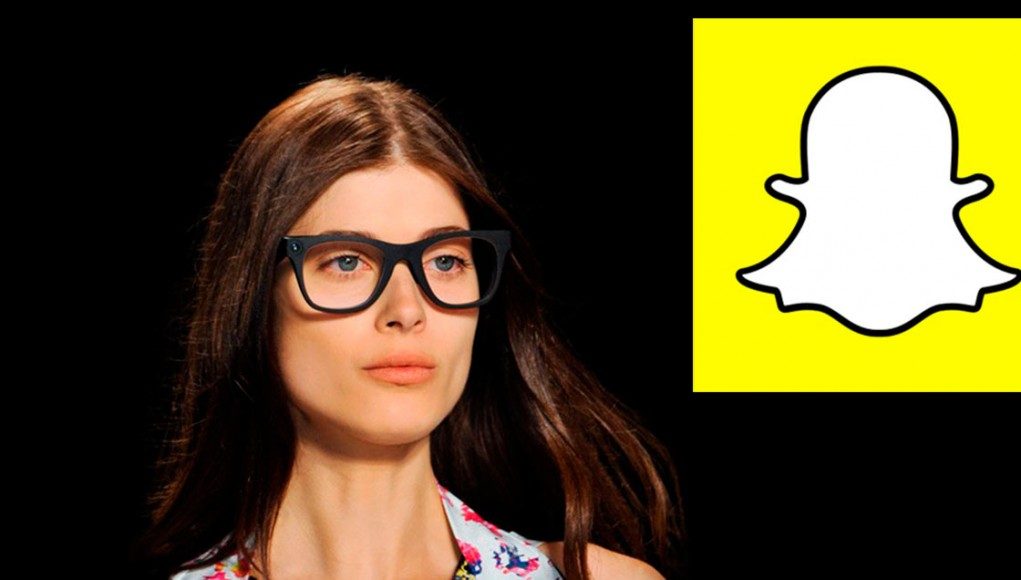 Techcrunch reports that Snapchat just raised another $1.8 billion in a Series F round, and Snapchat could end up being a major player within augmented reality hardware market. Snapchat is probably considered a bit of a dark horse by most people when compared to other major AR players including Microsoft, Meta, Daqri, or Magic Leap. But Snapchat has captured the attention of Generation Z through the use of augmented reality filters for selfies and vlogs.
Techcrunch reports that Snapchat just raised another $1.8 billion in a Series F round, and Snapchat could end up being a major player within augmented reality hardware market. Snapchat is probably considered a bit of a dark horse by most people when compared to other major AR players including Microsoft, Meta, Daqri, or Magic Leap. But Snapchat has captured the attention of Generation Z through the use of augmented reality filters for selfies and vlogs.
It was also reported recently that Snapchat is building Google Glass-like smart glasses, which seems likely considering Snapchat acquired Vergence Labs’ Epiphany Eyeware in 2014. The Epiphany Eyeware glasses were described at the time as a more stylish competitor to Google Glass.
On my trip to Google I/O, I met Duygu Daniels, who is an augmented reality developer who is an enthusiastic Snapchat user and evangelist to her Millennial friends. Duygu is very interested in studying the behavior of Generation Z and how they’re using Snapchat, Snapchat’s connection to augmented reality, and how it’s cultivating radical authenticity and ushering us into The Experiential Age.
LISTEN TO THE VOICES OF VR PODCAST
Mike Wadhera recently pointed out Snapchat as being an example of a new paradigm of Experiential Age applications in his article titled, “The Information Age is over; welcome to the Experience Age.” He cites a video by Snapchat co-founder Evan Spiegel where he talks about how desktop computers have created a mindset of accumulation of information, whereas mobile computing empowers users to have instant expression. With Snapchat, identity is constructed from being in the moment rather than accumulating actions from the past like Facebook or Twitter. Stories in Snapchat are told in chronological order and last only 24 hours, whereas other social media is reverse chronological order and lives on forever. Rather than taking photos of things worth remembering for a long time, Generation Z uses annotated photos as a more immediate and ephemeral form of symbolic communication.
After reading Wadhera’s article, I started digesting what it meant for the VR community to be moving from the Information Age to the Experiential Age through an essay about the future of privacy in the Experiential Age. I then started using Snapchat a few days later, and tracking my insights both through Snapchat videoblogs, as well as reflections and discoveries on Twitter.
This podcast with Duygu helped to crystalize a lot of my thinking about Snapchat, but it also helped change and shape my usage of Snapchat.
Here’s a number of articles that I found particularly insightful in my process of learning about Snapchat:
- Gary Vaynerchuk: The Snap Generation: A Guide to Snapchat’s History
- Ben Rosen: My Little Sister Taught Me How To “Snapchat Like The Teens”
- Justin Kan: Why I love Snapchat
- Sand Farnia: Snapchat and the Authenticity Revolution
Here’s my first day of Snapchat coverage from Google I/O
You can follow me on Snapchat @kentbye.

Support Voices of VR
- Subscribe on iTunes
- Donate to the Voices of VR Podcast Patreon
Music: Fatality & Summer Trip







